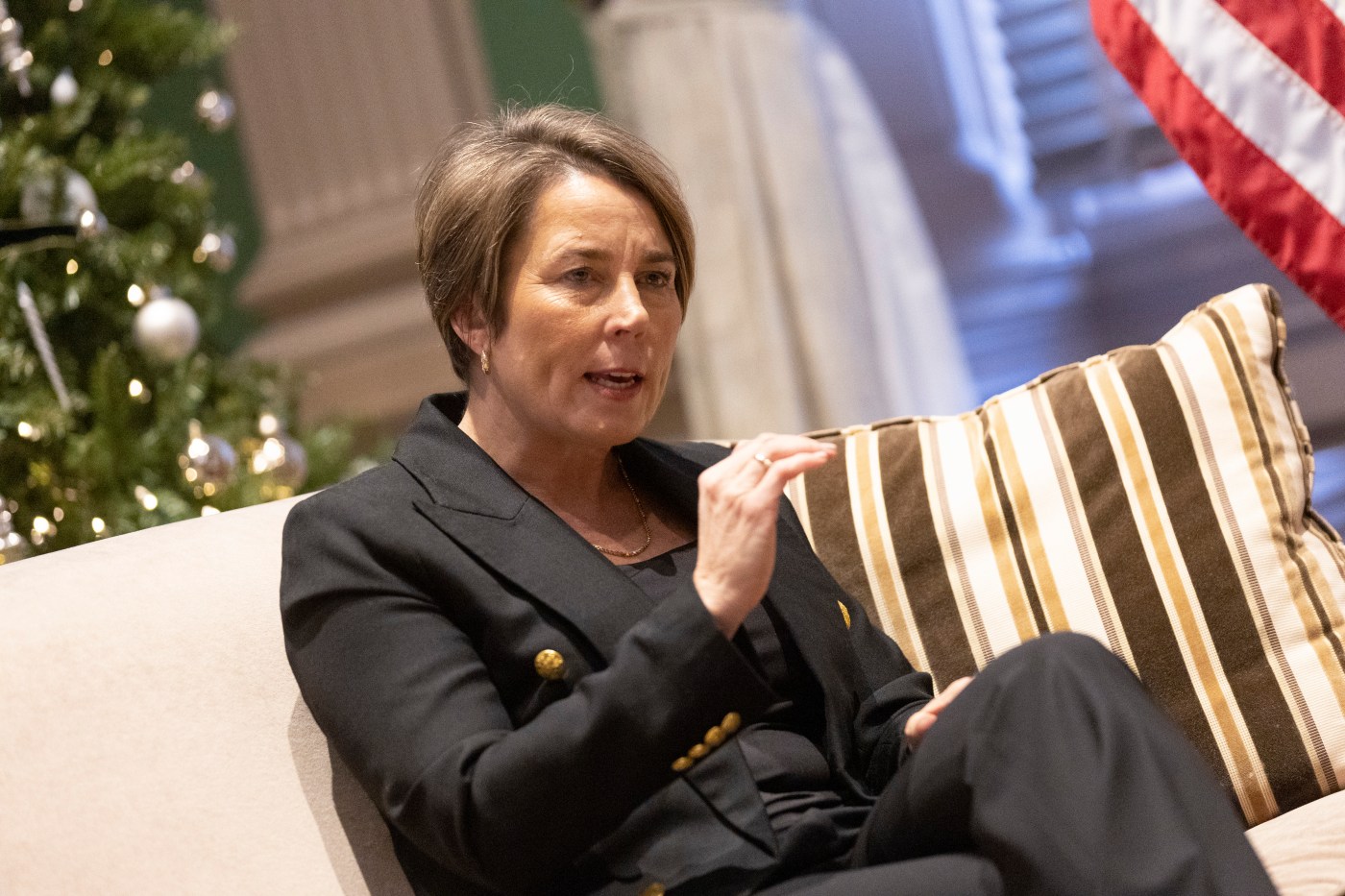
Editorial: Many programs could use $915M planned for shelters
Thanks to Joe Biden & Co.’s spending sprees, $915 million doesn’t elicit the sticker shock it once did when attached to a government budget item. But it’s still a hell of a lot of money, especially when so many worthy projects need funding.
That almost-a-billion is what the Healey administration expects it will need to fund emergency assistance shelters in Massachusetts in fiscal year 2025, according to a report executive officials prepared for the Legislature’s two budget writing committees.
That $915 million has to cover a lot: shelter and associated services, staffing, intake sites, clinical and safety risk assessment sites, school district reimbursements, immigration and refugee health, community, and workforce supports, and municipal supports, according to the report, a copy of which was provided to the Herald on Monday.
To be fair, the report did some math and determined that after fiddling with projected costs and assumed budget resources, the figure is more like $590 million. A comparative bargain.
Why the money’s needed has been top of mind for months: Massachusetts is reeling under an influx of migrants and the effects of astronomical housing costs in the Greater Boston area. The state’s shelter system is feeling the strain, and is maxed out at the 7,500 family limit Healey imposed earlier this fall.
The administration plans to use $700 million in state surplus dollars leftover from the pandemic to cover a $224 million fiscal year 2024 budget deficiency, some fiscal year 2025 emergency assistance shelter costs, and to fund housing production and preservation.
What would we do without those surplus dollars? And what could we be doing with them without this crisis?
The state budget covers many services and programs needed by Massachusetts citizens, from expanding pilot programs for Narcan use, to providing grants to Head Start programs, funding recovery high schools, providing emergency food assistance, and paying for MassHealth breast and cervical cancer treatment, to name just a few. Some programs receive funding in the millions, but nothing remotely near the bill for the emergency shelter crisis.
Consider the cost of Mayor Michelle Wu’s fare-free bus pilot program. Wu used $8 million from the city’s ARPA funding. It boosted ridership and provided savings and transportation accessibility for many MBTA riders. There have been similar pilot programs in other parts of the state. Imagine how many years of free fares $915 million could cover, or treatment for MassHealth patients with breast cancer, or food for hungry families.
Healey is pulling out the stops to deal with the shelter crisis, but it’s ultimately Biden’s to solve. And the need to come up with fiscal solutions also lands at the feet of the progressive pols who stand with the president on his lax-at-best border policies. Many Democratic leaders in states feeling the brunt of the migrant influx are now calling on Biden to pick up the check, to little avail.
The shelter crisis is a huge problem in Massachusetts, but it’s not the only one that needs solving. Affordable housing, health care, education – $915 million could go a long way.
Editorial cartoon by Gary Varvel (Creators Syndicate)


